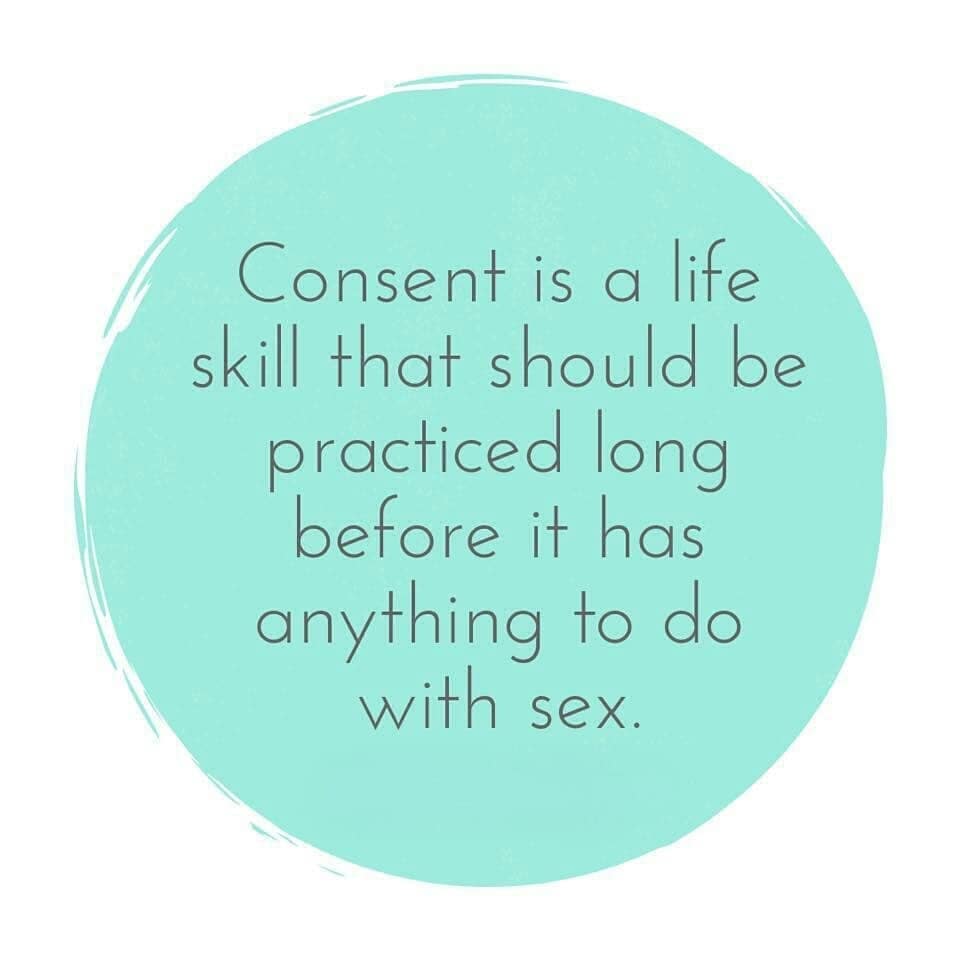
November is Woman Abuse Prevention Month in Ontario. The need for awareness and prevention is still so great—the statistics highlight that clearly. In 2018 alone, 148 women and girls were killed in acts of gender-based violence across Canada. Every six days a woman in this country is killed by her current or former intimate partner. Children who grow up in violent households are more likely to be victimized as adults or perpetrate abuse themselves. Individuals who have experienced intimate partner violence are more likely to experience abuse in multiple relationships throughout their lives. Abuse is cyclical in nature.
Whether or not you’ve been directly impacted by abuse or intimate partner violence, everyone has a role to play in preventing abuse from continuing to negatively impact and sometimes even end the lives of women and children in our communities. Here are 4 tangible ways you can help prevent abuse and participate in the campaign to end gender-based violence.
1) Help create protective environments in your networks
Hold people accountable, believe survivors, and encourage change within your networks. By doing these things, you will start a ripple effect to prevent abuse at a larger scale. If you are a parent, teach your children to question gender roles that don’t feel right to them. If you are a teacher, intervene when bullying occurs and set examples of tolerance and acceptance. If you are a trying to date someone, be respectful, seek consent, and graciously accept rejection. If you are a university student, join or start a club that advocates for sexual safety and gender equality. If you are an employer, train staff about the signs of domestic abuse, offer employee assistance programs, and make a commitment to prioritizing the safety of your employees. By creating and fostering protective environments, you can support survivors and prevent abuse. Read more about the role employers have in supporting abuse survivors.

2) Talk to your friends & family about gender stereotypes and toxic masculinity
Over the last few years the idea of toxic masculinity has become top of mind. Movements like #MeToo and #TimesUp have pushed gender-based violence and systemic gender inequality into the spotlight. The more we talk about these issues, the better chance we have to change societal attitudes for future generations. You can help change the attitudes of friends and family members by calling out instances of toxic masculinity and confronting gender stereotypes. Abuse thrives in secrecy and requires an imbalance of power in relationships. In order to prevent it we have to raise our voices against it. Read more about toxic masculinity and challenging patriarchal entitlement.

3) Support consent-based sex education at all levels of school.
Teaching children consent at a young age helps them recognize if their boundaries are being crossed. Consent-based sex education, which promotes mutual respect and self-empowerment, can help prevent toxic relationships and gender-based violence later in life. Consent is not a difficult concept to grasp, but it a life skill that should be practiced and internalized. It’s an important part of healthy relationships whether they are sexual or not, and supporting curriculum that discusses issues like consent will ensure healthier relationships for more and more individuals. Read more about consent.

4) Donate to front-line organizations that support survivors
Understanding that abuse is cyclical, we must also acknowledge that preventing future abuse means intervening and breaking the cycle of abuse happening today. Supporting survivors of intimate partner violence is a tangible way to prevent abuse and gender-based violence. People who leave Interval House with a solid support network, housing options, employment, strengthened life skills, etc. are less likely to experience abuse with future intimate partners. They are also empowered to break the cycle of abuse once and for all, changing the trajectory of their children’s lives by protecting them from abuse and demonstrating healthy relationships moving forward.
Our Residential Program is designed to expose women and children to a healthy home environment of trust and support. Our BESS Program helps survivors achieve economic self-sufficiency. We rely on donor support to ensure that we are able to provide these programs and services, so if you have the capacity to give to front-line organizations like Interval House, this is an incredibly meaningful way to help prevent abuse and end gender-based violence.

